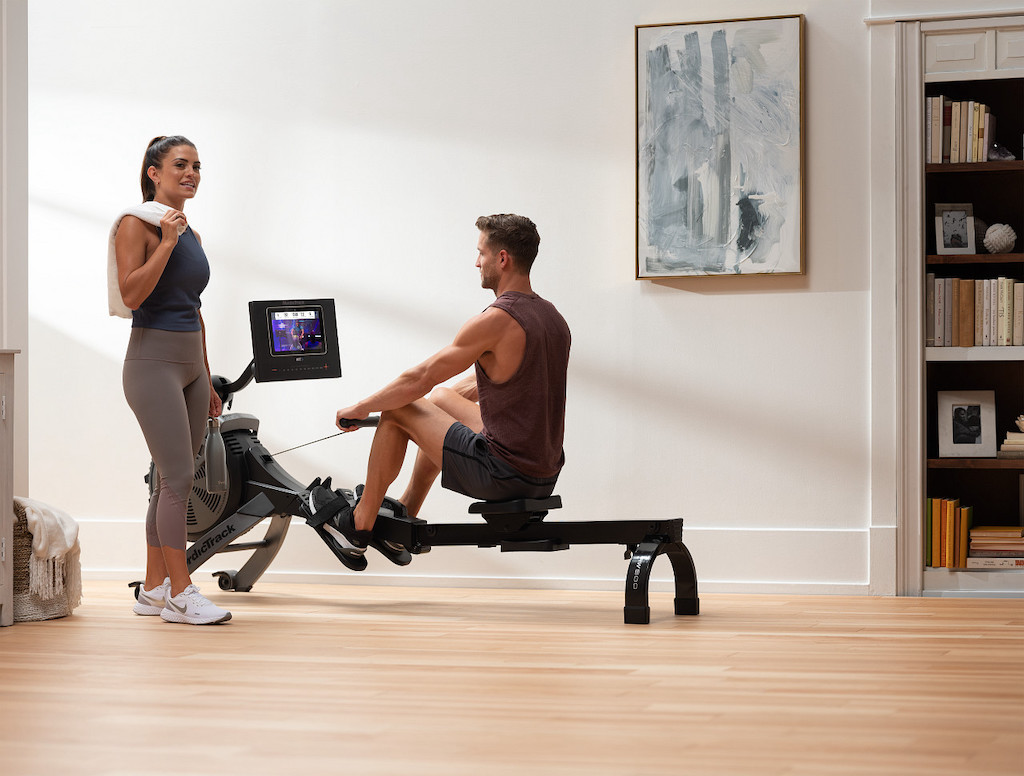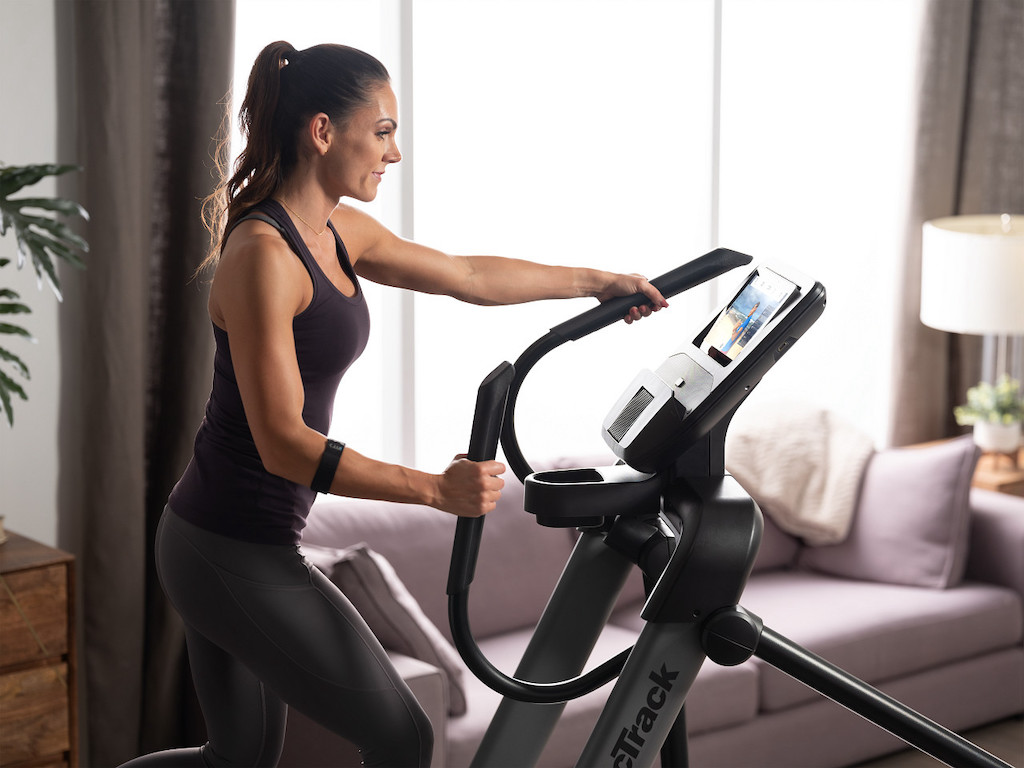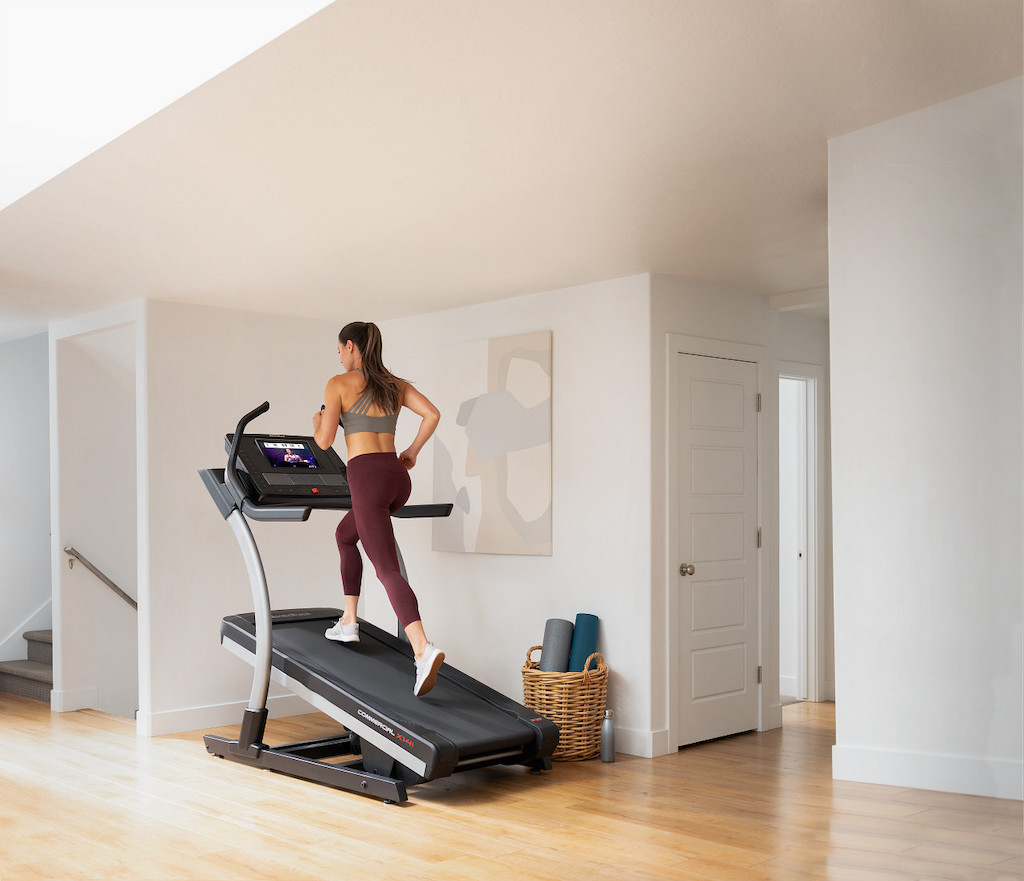The benefits of physical exercise on the body are well established, but did you know that physical activity is also beneficial for the brain? Improving memory and concentration, developing neurons and even helping creativity, exercising is definitely good for you!
Neurons Benefit From Physical Exercise

According to some scientific research, sport plays an important role in the development of cerebral capacities and the optimal maintenance of neurological and mental functions:
- Physical activity may delay the onset of age-related signs of cognitive decline.
- Regular physical activity would help improve long-term memory and reduce the risk of developing Alzheimer’s disease.
- During physical exertion, the blood flow to the brain increases, improving the oxygenation of nerve cells. In this way, exercise contributes to the proper functioning of neurons and stimulates brain activity.
Doing Physical Activity Helps You to Concentrate

According to the results of a study published in the medical journal Frontiers in Psychology in 2014, 12 minutes of cardio exercise could improve the attention and concentration of adolescents. The effect persists for 45 minutes after exercise.
Having a better ability to focus your attention on a given subject can help you retain more of what you learn or perceive, solve a problem more quickly or carry out more precise gestures, all of which are useful both in the quest for better athletic performance and in everyday life.
Sports activities such as yoga, golf, tennis or shooting disciplines are also known to improve concentration.
Sport Stimulates the Memory

Practising a physical activity would favour the multiplication of neurons, while improving their ability to link together, especially in the area of the hippocampus linked to emotions and memory. For several decades, University College London followed nearly 2,000 adults and tested the link between the physical activity they had been doing since the age of 36 and their verbal memory, which was assessed at 43 and then at 53. People who had participated in physical activity regularly scored higher on memory tests than those who had not.
The effects of sport on memory also seem to be immediate (and not just long-term), with benefits being felt directly after the effort. Indeed, a 2014 study evaluated the ability of two groups of participants to remember 90 images. After seeing the images, the first group was asked to do muscle-building exercises, while the other was not. A large selection of photographs was then presented to both groups, who were asked to recognise as many of the images shown at the beginning as possible. The people in the group who had done physical exercises recognised an average of 60% of the images, compared to only 50% for the others.
Walking also seems to promote visual memory: studies have shown that the ability to associate names with faces may increase with the number of steps taken daily.
Walking Helps to Inspire Creativity

Researchers at Stanford University in the United States have highlighted the link between walking and creativity. During the study, 176 students were subjected to varying degrees of activity, with some having to sit in a chair, others going for a walk for a few minutes and then returning to their seats. Each time, their imaginative abilities were tested, with those who walked achieving better results and persistent effects after the effort. To eliminate the possibility that the change of environment was the cause, the experiment was repeated in different environments controlled with the same success (white wall, treadmill, varied course…).
To explain these results, the researchers are studying the trail of chemical mediators, or neurotransmitters, released by nerve cells during exercise, which could stimulate certain areas of the brain in the long term.
Now you know that, in addition to being good for the body, exercising is good for your brain too! All the more reason to continue to challenge yourself with each session!
Check out our Health & Fitness page for more advice.
